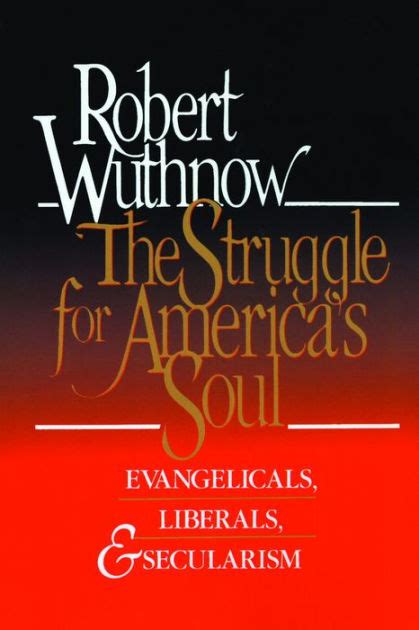A Quote by Ralph Waldo Emerson
It is the property of the religious spirit to be the most refining of all influences. No external advantages, no culture of the tastes, no habit of command, no association with the elegant, or even depth of affection, can bestow that delicacy and that grandeur of bearing which belong only to the mind accustomed to celestial conversation,--all else is but gilt and cosmetics, beside this, as expressed in every look and gesture.
Related Quotes
Even personal tastes are learned, in the matrix of a culture or a subculture in which we grow up, by very much the same kind of process by which we learn our common values. Purely personal tastes, indeed, can only survive in a culture which tolerates them, that is, which has a common value that private tastes of certain kinds should be allowed.
But yet it is evident that religion consists so much in affection, as that without holy affection there is no true religion; and no light in the understanding is good which does not produce holy affection in the heart: no habit or principle in the heart is good which has no such exercise; and no external fruit is good which does not proceed from such exercises.
Man is more than his environment. It is from the innate quality of the Spirit in him, his inner storehouse, that he draws those ideas, his intuitions, which unify his perceptions of the external world instantaneously with a value which is qualitative and not quantitative, and which he embodies in the works of his culture - those achievements which belong not only to one particular time but to all times, and mark the path of his upward progress.
If such external influences are intrinsic to religion, then logic and scientific thought dictate that there must be a mechanism by which this influence is transmitted. A religious or spiritual belief that involves an invisible undetectable force that nonetheless influences human actions and behavior or that of the world itself produces a situation in which a believer has no choice but to have faith and abandon logic--or simply not care.
It is Mind which determines the change of Society, and it was because the mind at work was a Catholic mind that the slave became a serf and was on his way to becoming a peasant and a fully free man-a man free economically as well as politically. The whole spirit of the Church was for small property, and that spirit was slowly, instinctively, working for the establishment of small property throughout Christendom.
A people among whom there is no habit of spontaneous action for a collective interest - who look habitually to their government to command or prompt them in all matters of joint concern - who expect to have everything done for them, except what can be made an affair of mere habit and routine - have their faculties only half developed; their education is defective in one of its most important branches.
One of the things that I have seen change that warms the cockles of my heart is what is happening in the cosmetics industry. For years, they were doing horrible things to animals in the manufacture of cosmetics, and testing of the most barbaric types; today, if you go into a drugstore and go down the [cosmetics] aisle, look at how many of them say no animal testing. I've talked with people who work in the cosmetics departments, and they tell me, Without that, you can't sell them. And that's wonderful!
The danger, then, is that materialism is not only shaping how we live but the way we think as well. It influences our consumer tastes and our preference for high-paying jobs, but it also alters our capacity to pray, the nature of our prayers, and the ways in which religious tutelage instructs our values.
You believe that reality is something objective, external, existing in its own right. You also believe that the nature of reality is self-evident. When you delude yourself into thinking that you see something, you assume that everyone else sees the same thing as you. But I tell you, Winston, that reality exists in the human mind, and nowhere else. Not in the individual mind, which can make mistakes, and in any case soon perishes: only in the mind of the Paty, which is collective and immortal.
I never look at the internet because then you just have nothing else to do but just look. Most generally, and even myself as a consumer, you think you know what you want. But what's more interesting is figuring out what you don't want. I think the only way that I can do that is just to do what I think is right. That is the only real gesture of respect. Then people can react to the movie how they want to react.










































